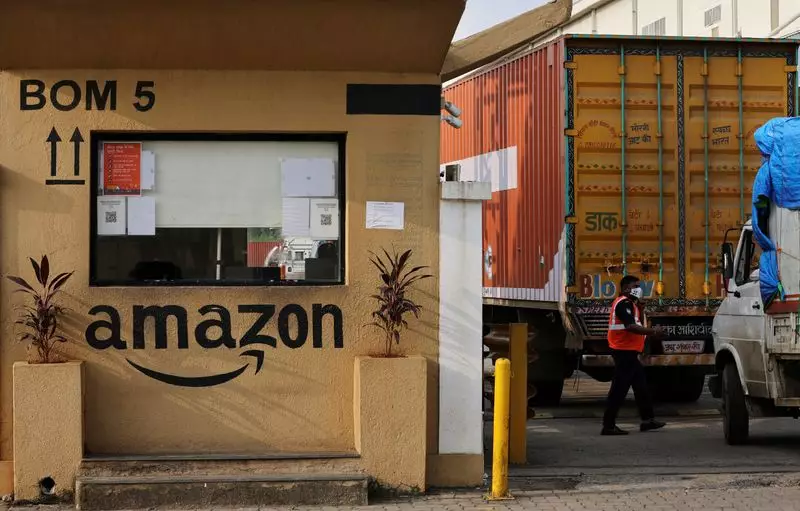The Indian e-commerce sector, a rapidly growing market poised to reach $70 billion, is currently facing a significant backdrop of regulatory scrutiny. The Enforcement Directorate (ED), India’s financial crime agency, has signaled that it will summon key executives from Flipkart and Amazon as part of an ongoing investigation into possible violations of foreign investment laws. This development follows a series of raids conducted on sellers linked to these platforms, and marks a critical juncture for the two multinational giants operating in a dynamic and competitive environment.
As the investigations continue to unfold, they expose underlying tensions between the explosive growth of e-commerce and the regulatory framework designed to protect domestic businesses. Flipkart, owned by Walmart, and Amazon, which remains a dominant player in many global markets, have both claimed compliance with Indian regulations. However, this latest wave of scrutiny suggests that both companies may have overstepped acceptable boundaries, leading to allegations of manipulating seller inventories and unfair competition practices.
Indian regulations are particularly stringent regarding the operations of foreign e-commerce entities. Foreign companies are prohibited from holding inventory and must instead facilitate a platform where sellers can trade goods. These laws aim to create a level playing field for domestic retailers and protect them from possible unfair competition posed by large multinational corporations. However, reports allege that Amazon and Flipkart have exerted significant control over sellers by influencing inventory and promoting favorable terms for selected partners, leading to claims of violating investment laws.
The situation warrants in-depth scrutiny as these regulations are designed to ensure fair competition and foster a thriving landscape for local businesses. The investigations serve as a reminder of the delicate balance authorities must maintain between encouraging international investments and safeguarding domestic interests.
The triggering of these recent raids follows antitrust investigations that revealed troubling findings about the conduct of both e-commerce entities. Reports indicate mechanisms by which Amazon and Flipkart might have crafted exclusive partnerships with a selection of their sellers while sidelining others. By exerting what has been described as “end-to-end control” over inventory, these platforms are purported to skew competition in favor of select sellers often referred to as “name lending enterprises.”
This raises important questions about the sustainability of such business practices in an increasingly competitive market. With an estimated 32% and 24% market shares respectively, Flipkart and Amazon dominate the Indian e-commerce sector. However, growing complaints regarding unfair business practices from smaller players are becoming hard for regulators to ignore, pointing towards a potential crackdown not only on these companies but on online platforms broadly.
The unfolding events come at a critical time when consumer trust is paramount. As e-commerce giants bask in the benefits of increasing online shopping behaviors, any perception of unethical practices could jeopardize consumer confidence, leading to calls for reform and stricter regulations. The backlash against these platforms may not just threaten their market share but can also ignite a broader debate about the role of large corporations in the market: Are they nurturing or stifling competition?
For both Flipkart and Amazon, navigating the intricate landscape of Indian regulations is crucial in maintaining their standing. They have pledged compliance, but as investigations persist and new evidence comes to light, their reputations hang in the balance. The ability of these giants to demonstrate fair business practices becomes increasingly relevant in a market where consumer sentiment could shift based on perceived fairness.
As the ED moves forward with its investigation and summons executives from Flipkart and Amazon, the repercussions of these actions extend well beyond the e-commerce realm. They underscore the critical necessity for transparency and the management of competition in a burgeoning digital economy. The findings from the ongoing investigations will likely shape future regulations as India grapples with the challenge of fostering innovation while ensuring fairness for all market participants.
With the e-commerce landscape in India evolving quickly, the outcome of this scrutiny could set significant precedents, potentially influencing regulatory approaches toward other emerging sectors. As authorities seek to balance growth and ethical business practices, the spotlight on Flipkart and Amazon is not just a momentary episode; it is a reflection of greater systemic shifts emerging within the Indian market.

